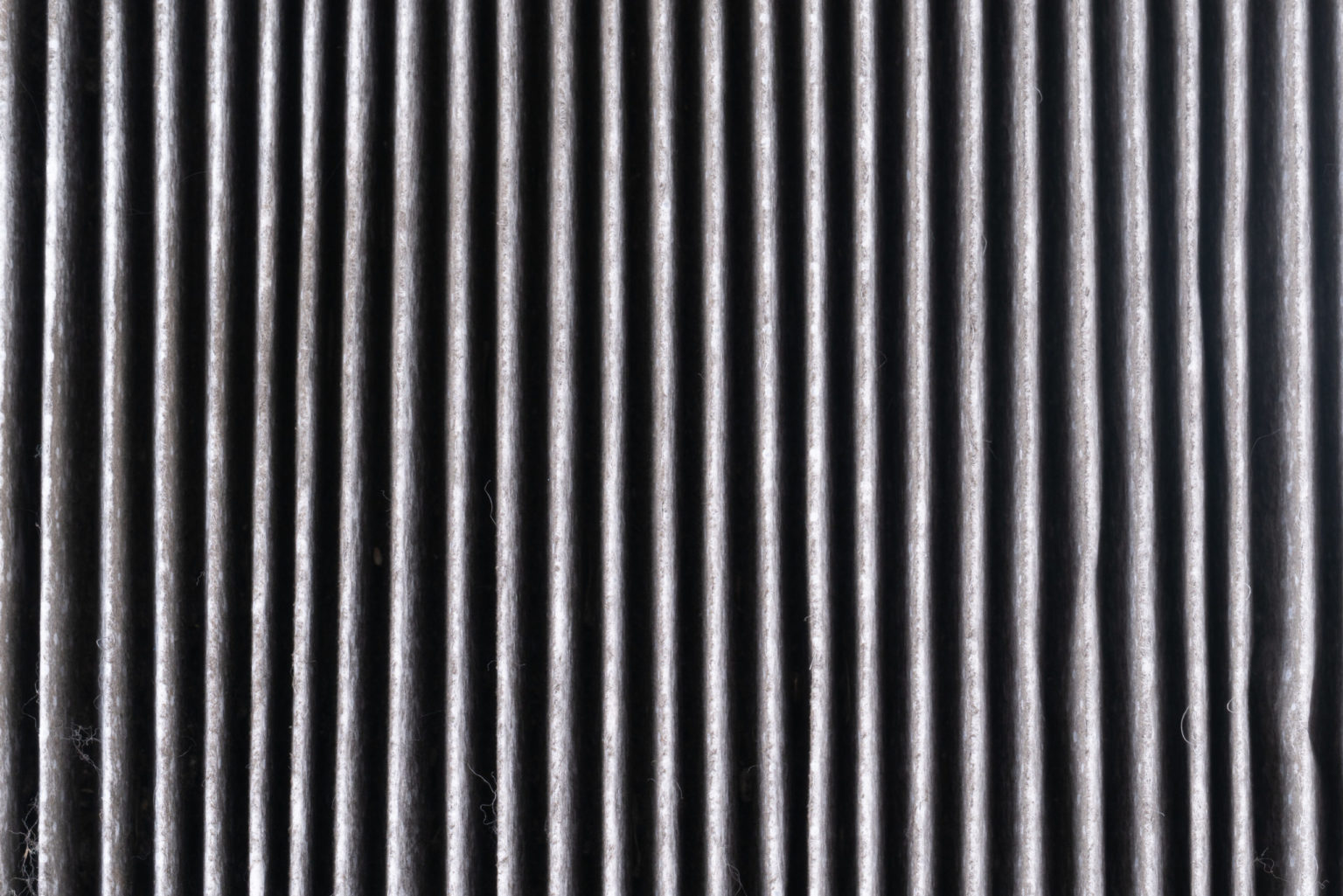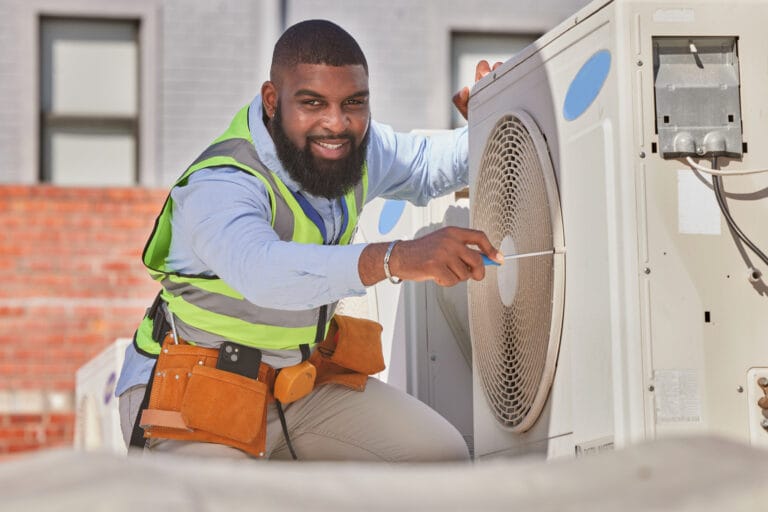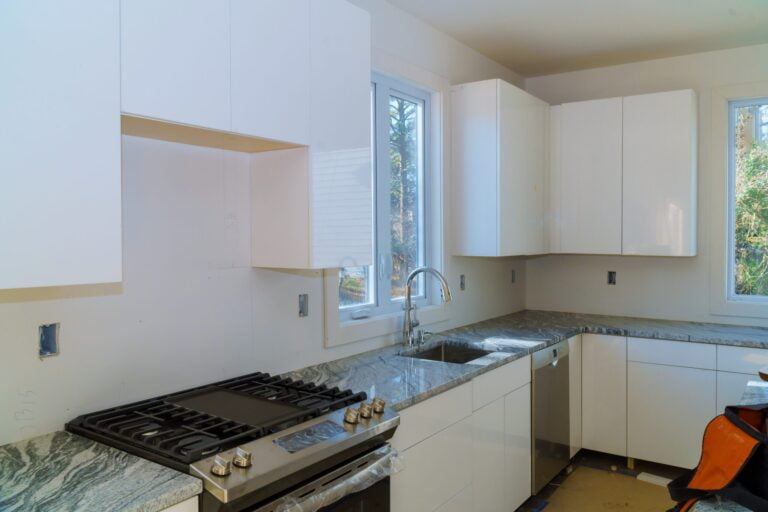During the winter or summer months, most of us rely on our HVAC systems to deliver comfortable air throughout our homes. Depending on where you live, the season changes could place heavy demands on your HVAC system. If you notice inconsistent temperatures or problems maintaining your indoor temperature, the issue could result from a few things. One of the main problems that many homeowners experiences, however, is poor airflow. Diminished airflow means that cooled or warmed air from your HVAC system isn’t circulating your home efficiently. As a result, it can be too hot or too cold in your home.
Your HVAC system is a complex network of equipment and ductwork that works together to deliver air throughout your home. If one piece of the system isn’t working properly, it could mean that less air making its way into your home. Weak airflow can be one of the most frustrating issues to combat. There are several reasons why your HVAC system’s airflow seems to be less than adequate. Let’s look at what you can do to improve the warm or cold air coming into your home.
Dirty Air Filters
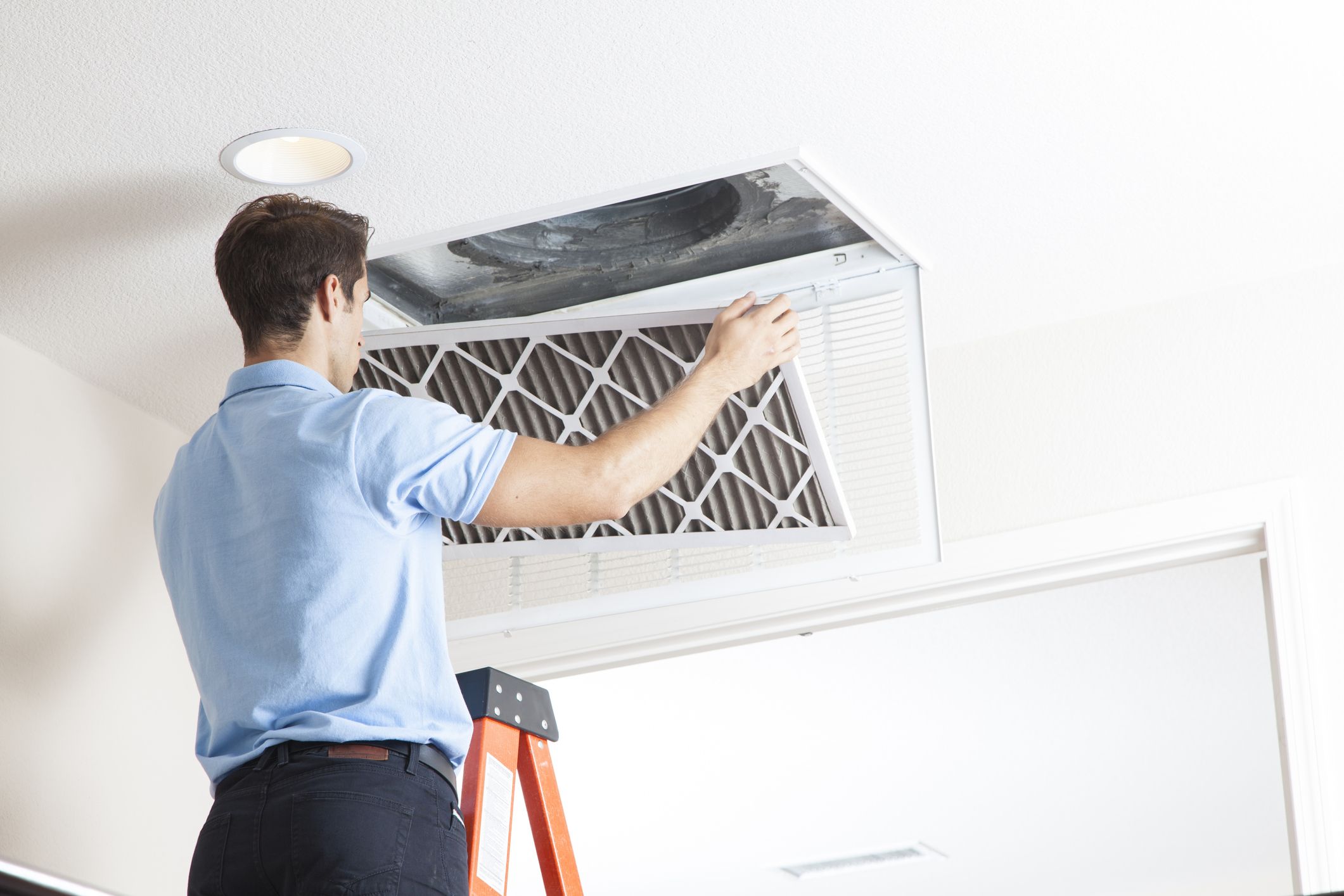
While changing your air filters regularly is part of required homeowner maintenance, many people can forget about it. The air filter is out of the way and can easily be overlooked until there is an issue like poor airflow. Your air filter is an essential part of your HVAC system that catches and traps the dust, dirt, pollen, and other allergens, and airborne particles. Your air filter keeps your indoor air clean and prevents your HVAC equipment from getting clogged with dust, dirt, and debris. When troubleshooting your airflow issues, the first step is to check your air filter.
A clogged or dirty air filter could create a weak airflow from the vents in your house. When pollutants, dust, and other substances accumulate on the filter, it prevents air from flowing into the rooms in your home. Additionally, if your filter is the wrong size, it could also create airflow issues. A clogged filter can also mean less efficient systems and higher energy bills.
Ductwork Leaks
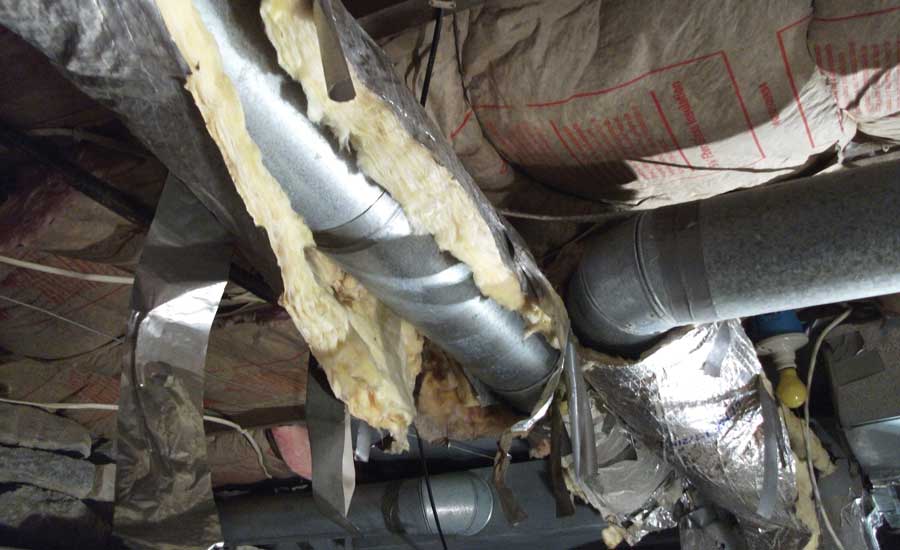
Your ductwork is the vehicle that moves air from your HVAC system to your house. It is an integral part of the system that heats and cools your home. Over time, however, as the duct material ages, it can become damaged or begin to degrade. If your ductwork has developed any cracks, holes, or seams, air can leak out on its way into your home. Leaky ducts decrease the amount of air circulating around your house. An HVAC professional can inspect your ductwork and repair any leaks that are decreasing airflow.
Dirty Ductwork
In addition to leaky ductwork, the vents and ducts in your home could also become clogged with pet hair, dirt, pollen, dust, and other debris. Similar to the way a dam stops a river, an accumulation of stuff in your ductwork could stop air from flowing freely to your house. Many experts suggest that your ductwork can accumulate several pounds of material over the course of a year. To improve airflow and unclog your ducts, you can have an HVAC technician or other professional do a thorough duct cleaning.
One of the best ways to increase the amount of air flowing into your home is through regular HVAC maintenance. Most experts suggest that you have your system serviced twice each year. Your air conditioning system will need regular maintenance in the spring, and your heating elements need to be checked in the fall. Regular maintenance can ensure that your system is running efficiently and that your ducts are leak-free and clean.


